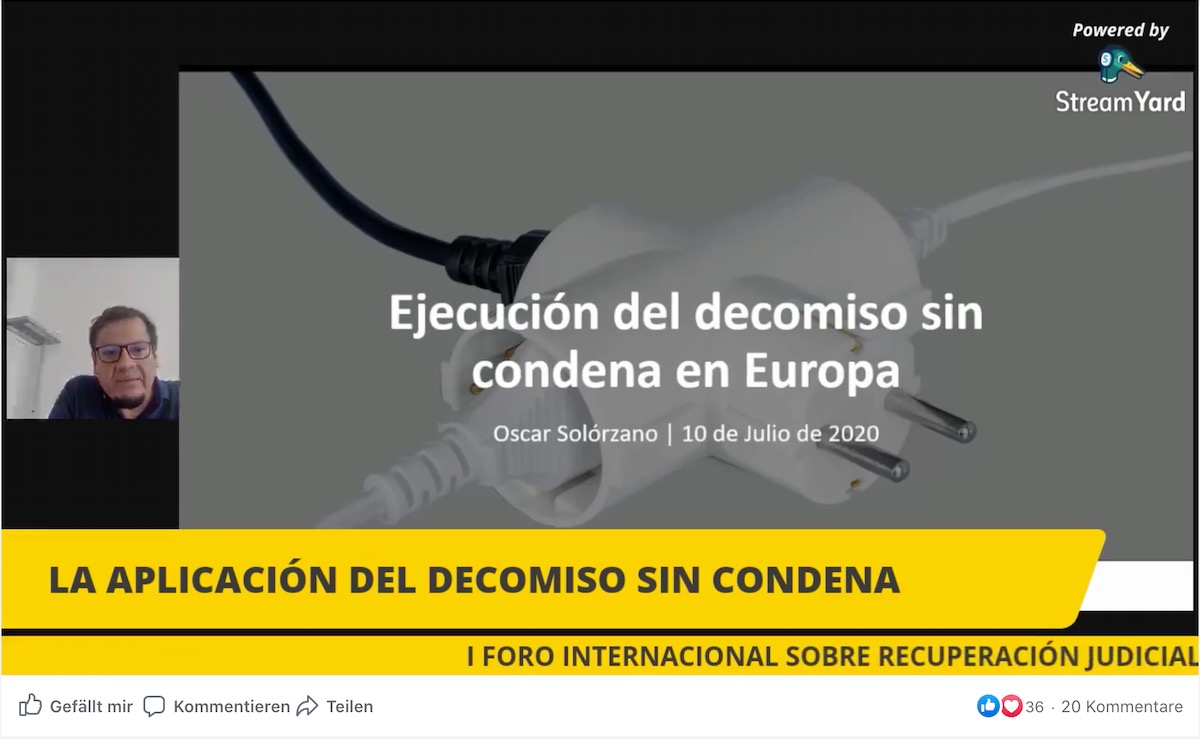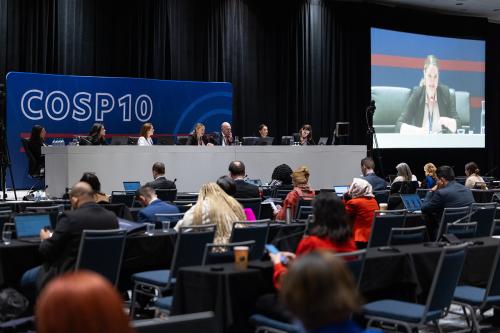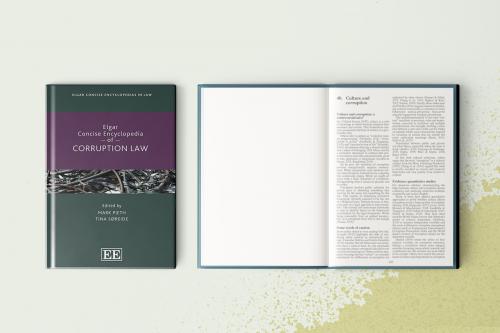Oscar Solorzano sets out the arguments for non-conviction-based forfeiture in online conference

As part of a week-long virtual conference by the Grupo de Estudios del Sistema Penal, Head of Latin America and Senior Asset Recovery Specialist Oscar Solorzano presented in Spanish on the contested topic of non-conviction-based forfeiture of assets.
Recovering assets when a criminal conviction is not possible
Non-conviction-based (NCB) asset forfeiture is a critical tool for recovering assets arising from corruption when a criminal conviction is not possible. Examples are when the wrongdoer has died or fled the jurisdiction, or is immune from prosecution.
The UN Convention against Corruption (UNCAC) and the Financial Action Task Force both support its use, and Peru has already managed to achieve landmark recoveries under its recently introduced NCB legislation, Extinción de Dominio, which is being implemented with ICAR support and training.
But in practice there are many hurdles to the full use of NCB forfeiture. A particularly frustrating hurdle is that some requested States refuse to provide mutual legal assistance in cases of NCB forfeiture because a similar mechanism doesn’t exist in their domestic legal framework.
The debate is a complicated one but crucial when a victim State is trying to recover the proceeds of corruption located in an international financial centre. The response to its request for assistance will depend on the nature and scope of the law that allows for foreign investigation.
Some of these issues are summarised in these notes from the ICAR-organised side event of the Conference of the States Parties to the UNCAC in Abu Dhabi last year, as well as in Oscar Solorzano’s speech at that event.
To understand the practical implications, see also this interview with Specialised Prosecutor Hamilton Castro: Landmark asset recovery case puts Peruvian non-conviction-based confiscation legislation to the test (also in Spanish).
No impediments please
In the online conference, after covering the main topics of debate Oscar Solorzano argued that legislators should strike a balance between the adoption of stronger confiscation laws and the legal rights of individuals.
On the one hand, he said, States wish to fight rampant financial criminality through increasingly incisive legal tools. On the other hand, several centuries of legal developments focused on the protection of individual rights creates a distortion that limits the possibilities for a victim State to investigate and execute seizures in the requested state without a criminal conviction.
From our perspective, he concluded:
- When "atypical" confiscation laws pursue the proceeds of terrible crimes such as corruption…
- …when their nature does not constitute a penalty in the strict sense..
- …and when the procedural guarantees of individuals are respected in a fair trial…
We consider that there should be no impediment to providing international assistance – either during the investigation phase or during the execution of final judgments of foreign non-criminal confiscations.
See more
- View recorded presentation by Oscar Solorzano
- Training for specialised Peruvian prosecutors in new non-conviction-based confiscation legislation
- New specialised courts to apply novel Extinción de Dominio legislation in Peru
- Stefan Mbiyavanga, Legal Specialist for Latin America, also spoke about challenges and best practices for recovering assets hiding in international financial centres. See his key points and recording here.




